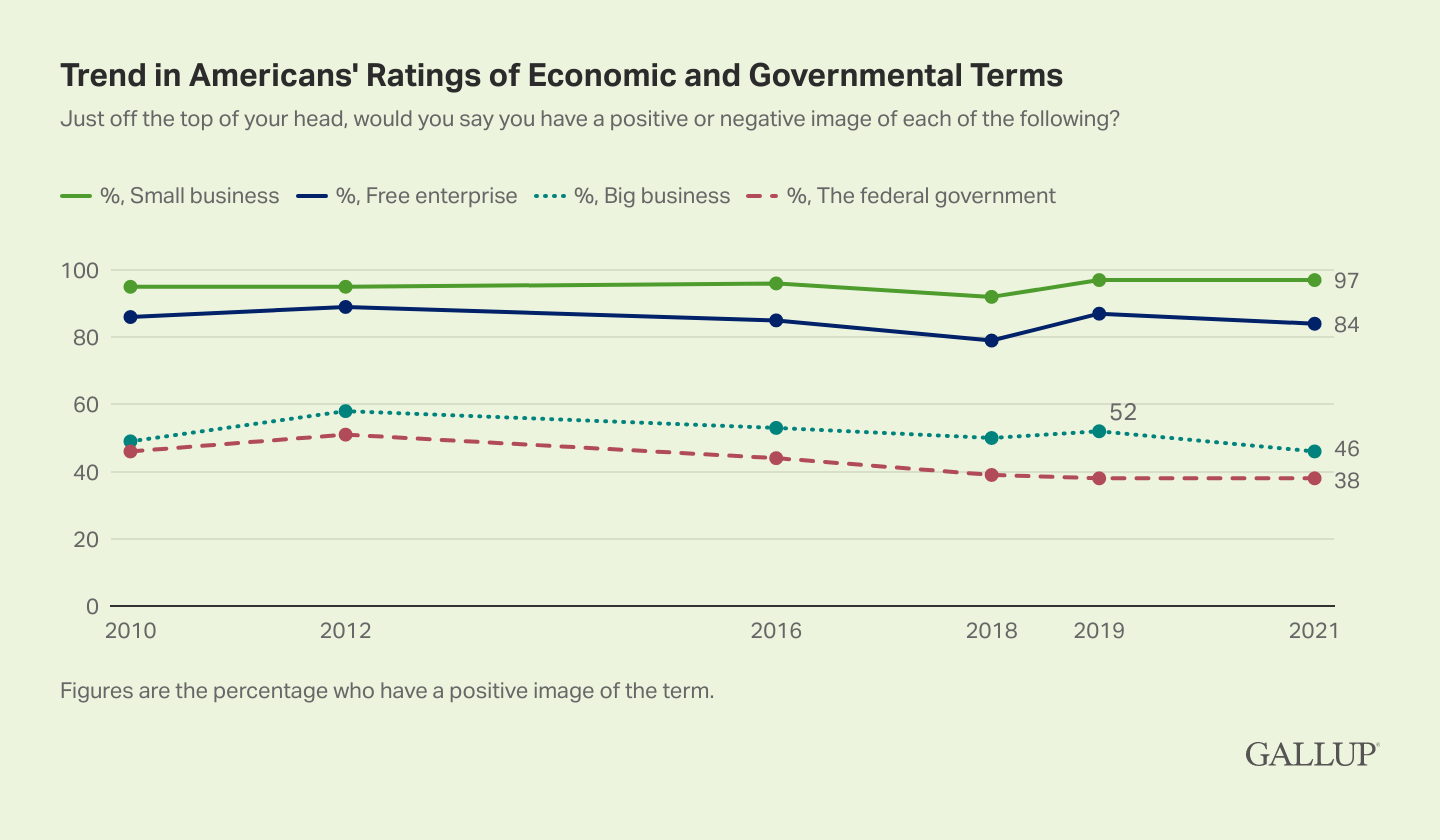Fox News is reporting that the implementation of one of the two state-based, federally-regulated health insurance exchanges is being delayed for an entire year (2015 instead of 2014).
The decision applies to the exchange that will be created to let small businesses shop for affordable insurance policies, not the similar and more well-known exchange for individuals and families looking for insurance.
While it would be easy to blame poor planning and bad execution on the part of the federal government, another explanation seems just as likely.
As originally written, ObamaCare contained a so-called “public option” that would have been offered by the federal government on the exchange as competition with private alternatives. Conservatives opposed the public option because it threatened to undercut private competitors with an artificially low price since the government, unlike a private business, doesn’t have to make a profit.
After a few years of running private businesses out of the market with artificially low prices, conservatives reasoned, the public option would become the only option as more and more consumers opted for a deal that would be too-good-to-be-true. When that happened, government could claim the market failed, paving the way for a government-run, single-payer health system.
Of course, the public option was stripped out of the final version of ObamaCare. But the intent to move America toward government-run health care did not. Since there’s no requirement under the law for small businesses to provide health insurance, many may now stop bothering if the small business exchange is delayed. That puts their employees on the individual and family exchange, which as estimates are showing, will cost people much more than originally advertised, even including the government subsidy.
With private insurance unable to deliver a product that covers the heightened floor created in ObamaCare that is also affordable for the people required to buy it thanks to the individual mandate, don’t be surprised if activists and policymakers start clamoring for government to declare a market failure and nationalize the system.
Such a scenario may sound far-fetched, but can anyone seriously say that with the Obama Administration in charge that it’s not at least possible?



 CFIF Freedom Line Blog RSS Feed
CFIF Freedom Line Blog RSS Feed CFIF on Twitter
CFIF on Twitter CFIF on YouTube
CFIF on YouTube